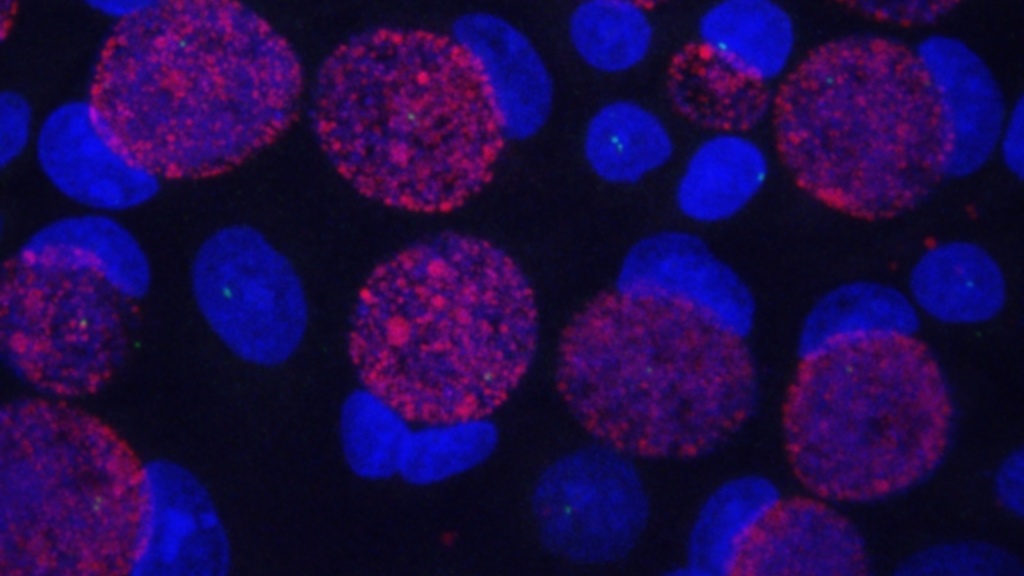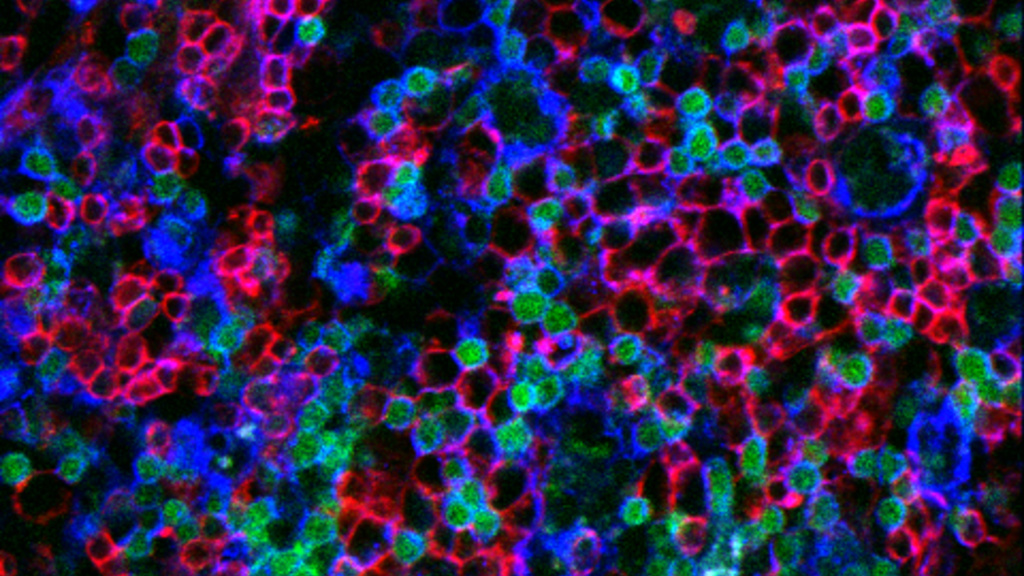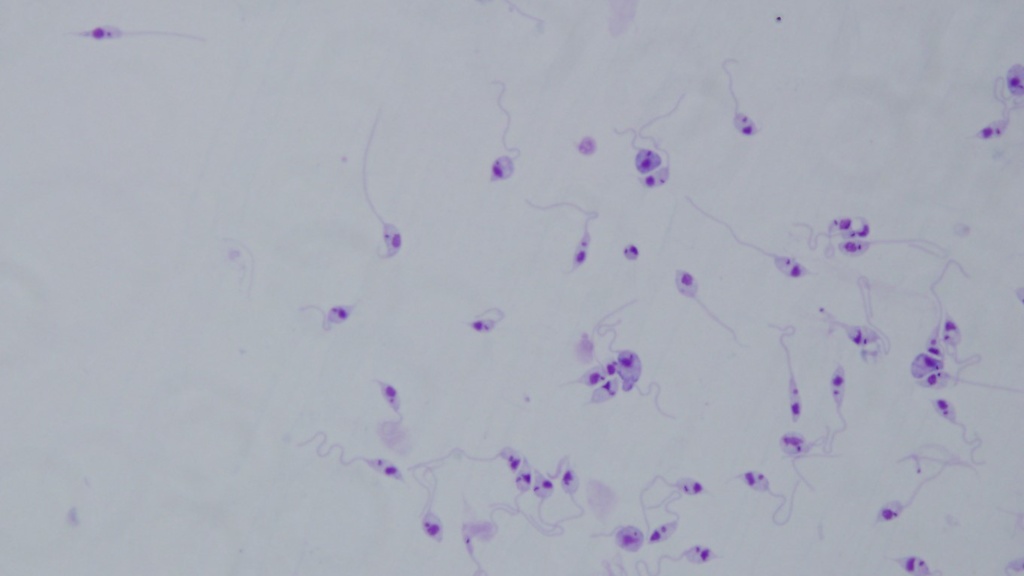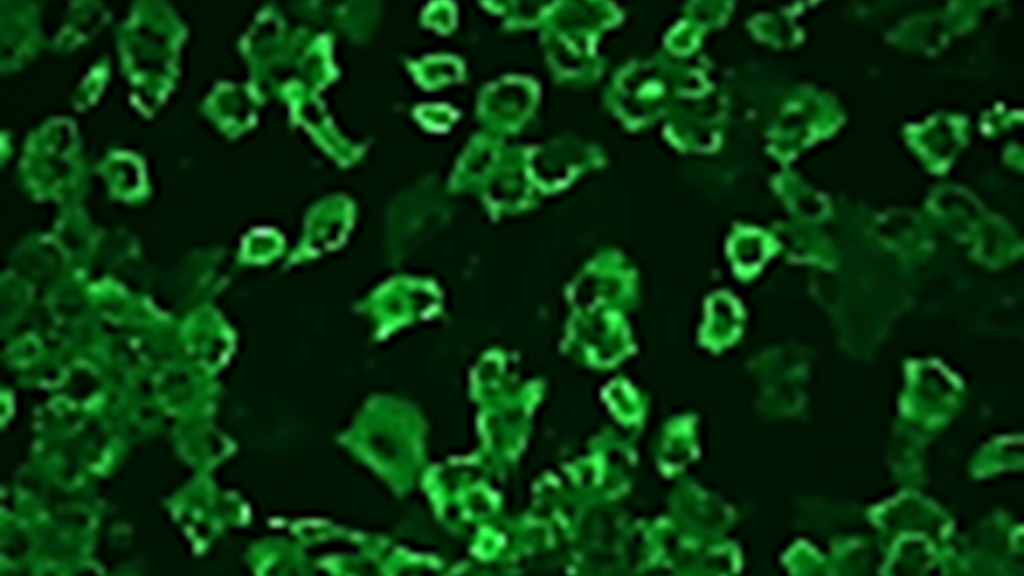Main navigation
Faculty members conduct innovative research in a diverse and inclusive environment by exploring fundamental questions in microbiology and immunology and translating discoveries into therapies against infectious diseases, immune disorders, and cancer.
Research areas include bacteriology, immunology, parasitology, and virology. Working in our faculty members’ laboratories, trainees will learn to define and experimentally investigate scientific questions and to conduct original research in preparation for positions in academia, government, and industry.
Research in the Department of Microbiology and Immunology applies multi- and inter-disciplinary approaches as well as cutting-edge technologies to address significant questions in health and diseases in the following four interconnected areas.

Bacteriology
We study fundamental aspects of a wide range of bacteria, including genetics, physiology, biochemistry, pathogenesis, and interactions with their hosts and the immune system.

Immunology
We study broad aspects of the immune system, including innate and adaptive immune responses to microbial pathogens as well as cancer immunology.
Immunology Research Faculty
- Jennifer Bermick, MD
- Gail Bishop, PhD
- Noah Butler, PhD
- Jon Houtman, PhD
- Jeremiah Johnson, PhD
- Thomas Kehl-Fie, PhD
- Filiz Korkmaz, PhD
- Kevin Legge, PhD
- Adam Mailloux, PhD
- Balaji Manicassamy, PhD
- Wendy Maury, PhD
- Stanley Perlman, MD, PhD
- Aimee Potter, PhD
- Jack Stapleton, MD
- Chen (Sabrina) Tan, MD
- Mary Weber, PhD
- Mary Wilson, MD
- Li Wu, PhD
- Ryan Zander, PhD

Parasitology
We study parasitic protozoan pathogens, including Plasmodium and Leishmania, and their interactions with the host and immune system.

Virology
We study replication, genetics, evolution, and pathogenesis of human viruses as well as host interactions and antiviral immune responses.